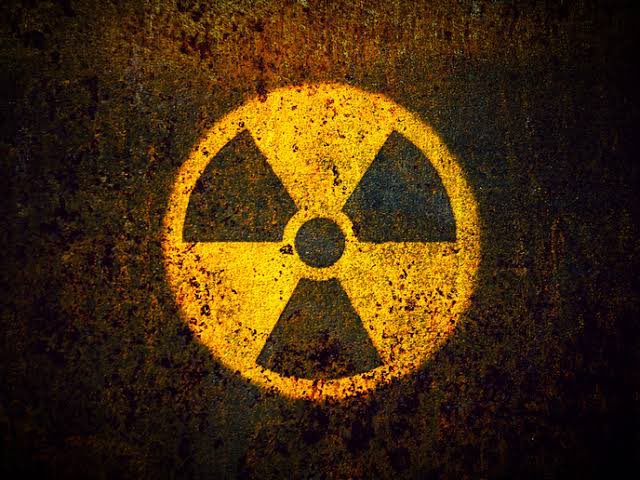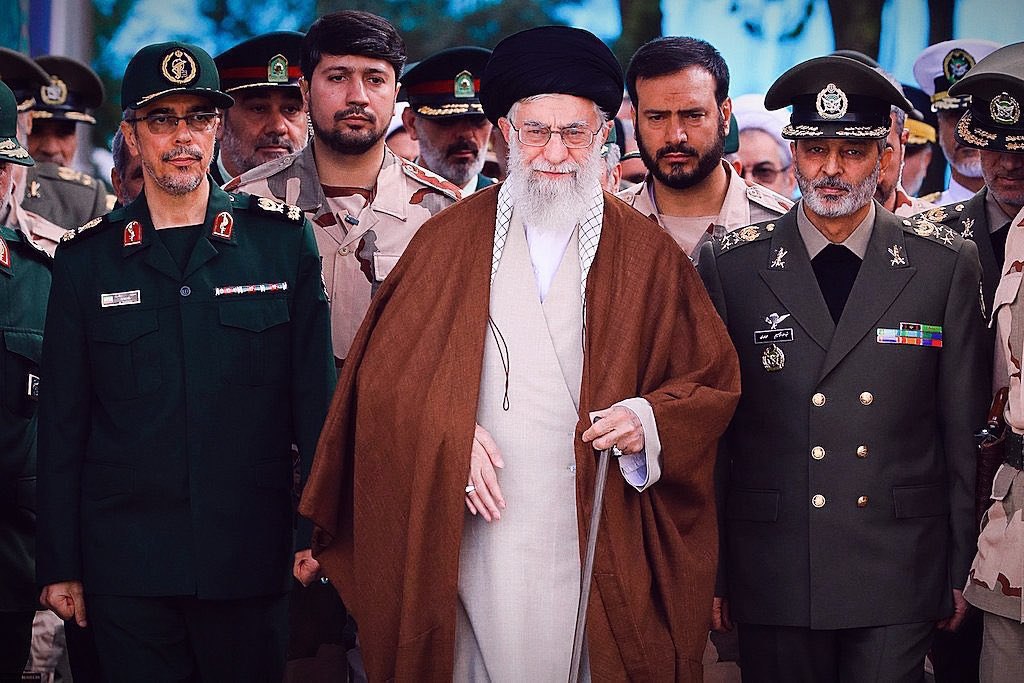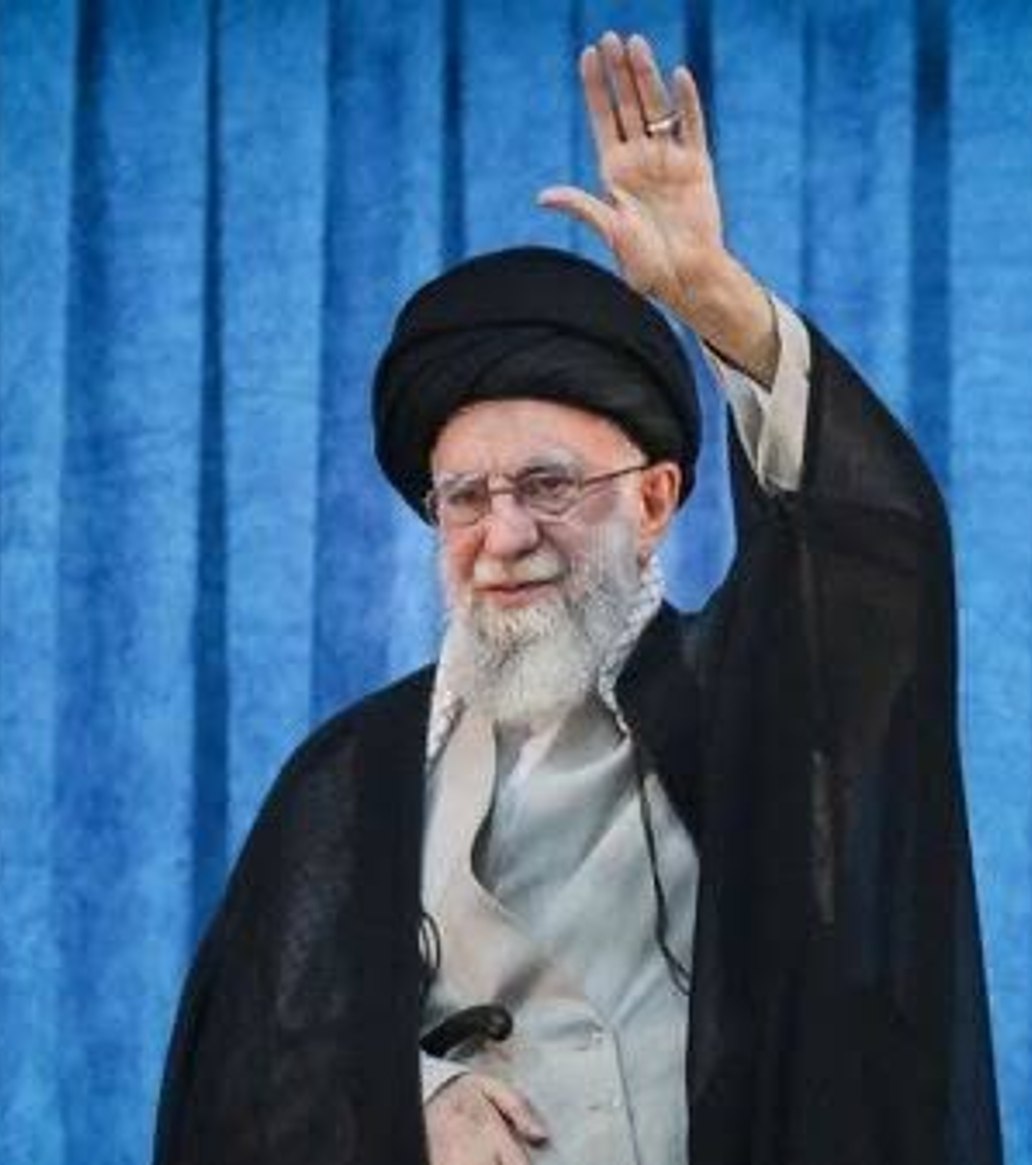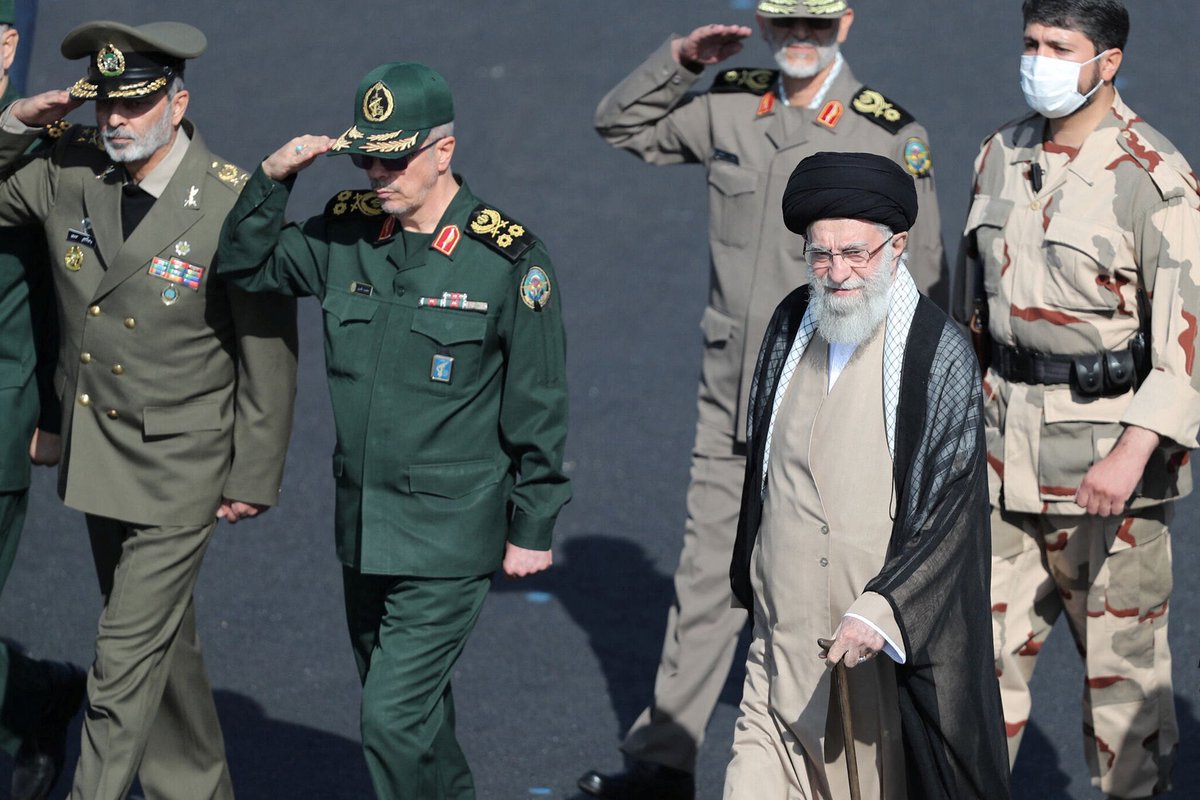Iran Launches New Wave of Ballistic Missiles Targeting Israel Amid Escalating Tensions
In a dramatic escalation of regional hostilities, Iran has launched a fresh barrage of ballistic missiles targeting key locations in Israel, according to reports from military and intelligence sources on Thursday night. The attack marks one of the most significant direct assaults by Tehran in recent years, intensifying fears of a broader conflict in the Middle East.
Israeli defense officials confirmed the launch, stating that the Iron Dome and David's Sling missile defense systems intercepted the majority of incoming projectiles. However, a few missiles reportedly managed to bypass the defenses, causing damage in southern and central regions of the country. Casualties are still being assessed as emergency services respond to impacted areas.
The Iranian Revolutionary Guard Corps (IRGC) claimed responsibility for the strike, describing it as a “retaliatory operation” in response to recent Israeli actions in Syria and alleged covert operations on Iranian soil. Tehran has warned of further responses if what it calls "aggressions" continue. The statement emphasized that Iran considers the strike a legitimate act of self-defense under international law.
This missile offensive comes amid a backdrop of escalating proxy conflicts across the region, particularly in Lebanon, Syria, and the Red Sea. Tensions between the two nations have been steadily rising since the Gaza war reignited broader hostilities, drawing in regional militias aligned with Iran, such as Hezbollah and the Houthis.
World leaders have expressed alarm over the potential for this confrontation to spiral out of control. The United States has called for restraint from both sides, while the United Nations Security Council is expected to hold an emergency session to address the latest developments.
Israeli Prime Minister Benjamin Netanyahu vowed a “forceful and measured” response, stating that Israel will not tolerate direct threats to its sovereignty. Military analysts warn that the region is inching closer to a full-scale war if diplomatic avenues are not urgently pursued.
The global community remains on high alert as the situation evolves, with fears growing over the wider implications for energy markets, regional stability, and international security.









